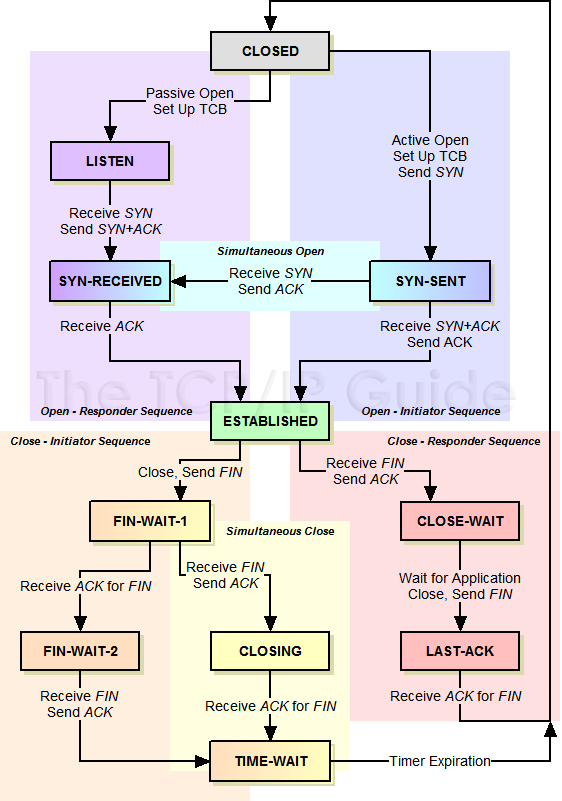人生是一个长板问题
本文为摘录(或转载),侵删,原文为: http://www.ruanyifeng.com/blog/2023/05/weekly-issue-254.html
大家可能听说过"水桶原理":水桶的容量由最短的那块木板决定。

它的意思是,某些系统的关键,不在于发展最强点,而在于避免最弱点。99%的地方都没有问题,只要 1%的地方出现问题,整个系统就会失败。
本文为摘录(或转载),侵删,原文为: http://www.ruanyifeng.com/blog/2023/05/weekly-issue-254.html
大家可能听说过"水桶原理":水桶的容量由最短的那块木板决定。

它的意思是,某些系统的关键,不在于发展最强点,而在于避免最弱点。99%的地方都没有问题,只要 1%的地方出现问题,整个系统就会失败。
本文为摘录(或转载),侵删,原文为: attachments/pdf/d/The Design and Implementation of Modern Column-Oriented Database Systems (abadi-column-stores).pdf
本文为摘录(或转载),侵删,原文为: https://blog.csdn.net/u013970710/article/details/115433014
本文为摘录(或转载),侵删,原文为: https://www.baeldung.com/linux/process-states
状态机如下:
本文为摘录(或转载),侵删,原文为: attachments/pdf/7/p46-li.pdf
查询重写使用启发式算法来实现,有两个限制
提出了基于策略树树的查询重写框架
本文为摘录(或转载),侵删,原文为: attachments/pdf/0/p1658-zhao.pdf
QueryFormer:
-integrate histograms from database into query plan encoding
本文为摘录(或转载),侵删,原文为: attachments/pdf/f/p1714-kossmann.pdf
对目前的架构来讲,和 粗糙索引 作用重叠。。
本文为摘录(或转载),侵删,原文为: ../pdf/5/p3411-chen.pdf
本文为摘录(或转载),侵删,原文为: attachments/pdf/1/p3058-liakos.pdf
时序数据难以高效存储,导致存储代价高昂。
本文为摘录(或转载),侵删,原文为: -https://draveness.me/whys-the-design-tcp-time-wait/ -https://vincent.bernat.ch/en/blog/2014-tcp-time-wait-state-linux#summary
net.ipv4.tcp_tw_recycle , 该选项已在 Linux4.12 废弃TIME-WAIT 状态的 socket 无害
http://tcpipguide.com/free/t_TCPOperationalOverviewandtheTCPFiniteStateMachineF-2.htm